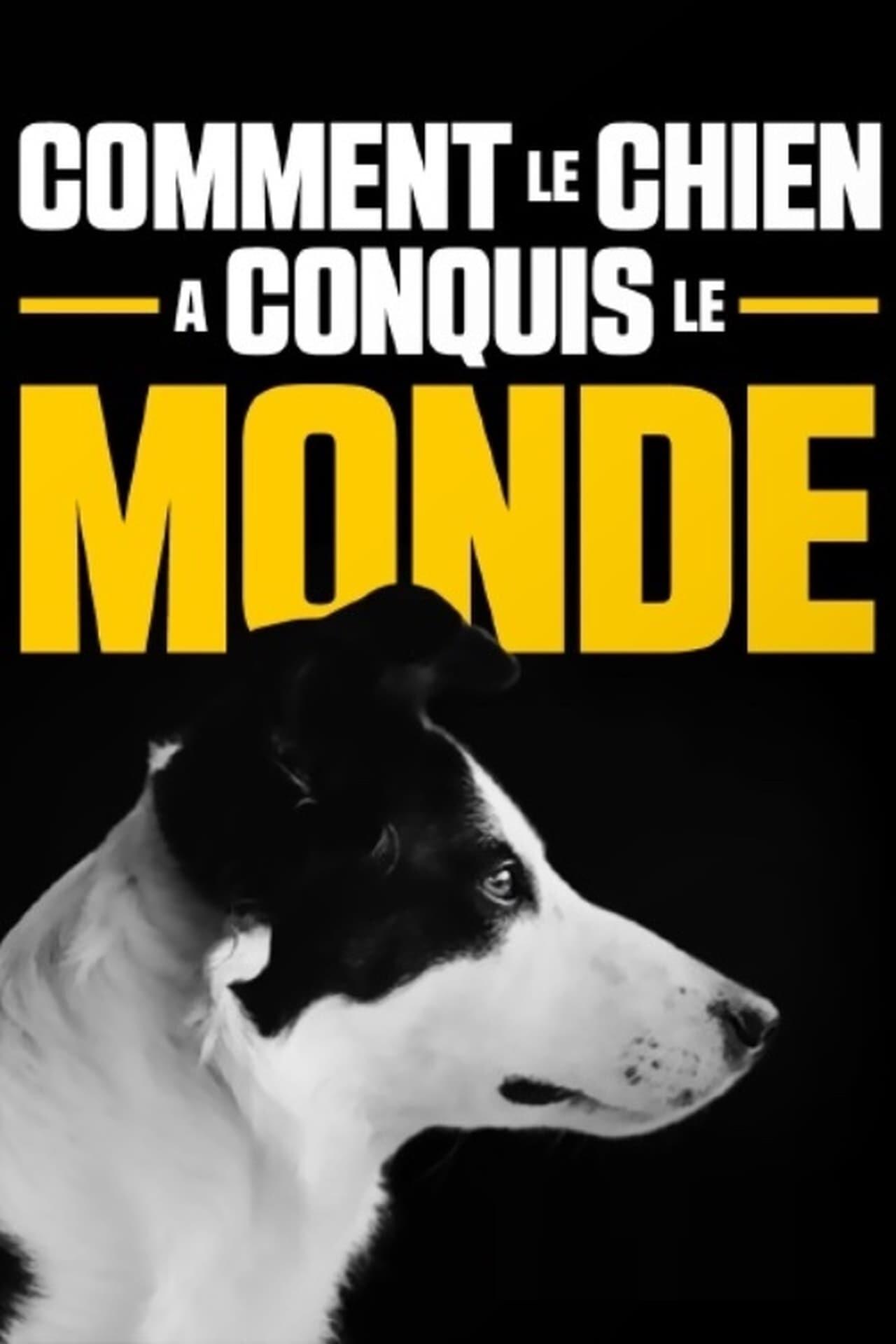
Zoo-archeologists, biologists, ethologists and geneticists are leading the investigation. For one thing is certain, the dog is still far from revealing all its secrets.
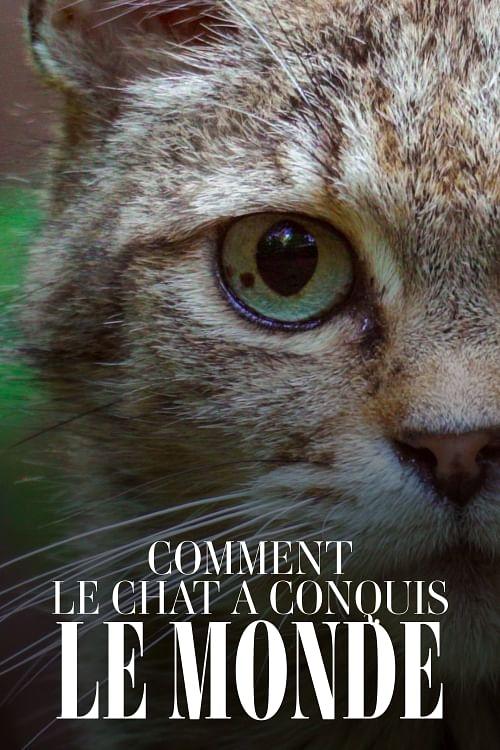
The domestic cat has conquered almost the entire globe with around 400 million animals and is now also the star of social networks. It is not clear when and how they secured the favor of humans. Archaeologists, geneticists and behavioral biologists around the world have been researching these questions for years. Their latest findings make it possible to trace the path of the house cat.
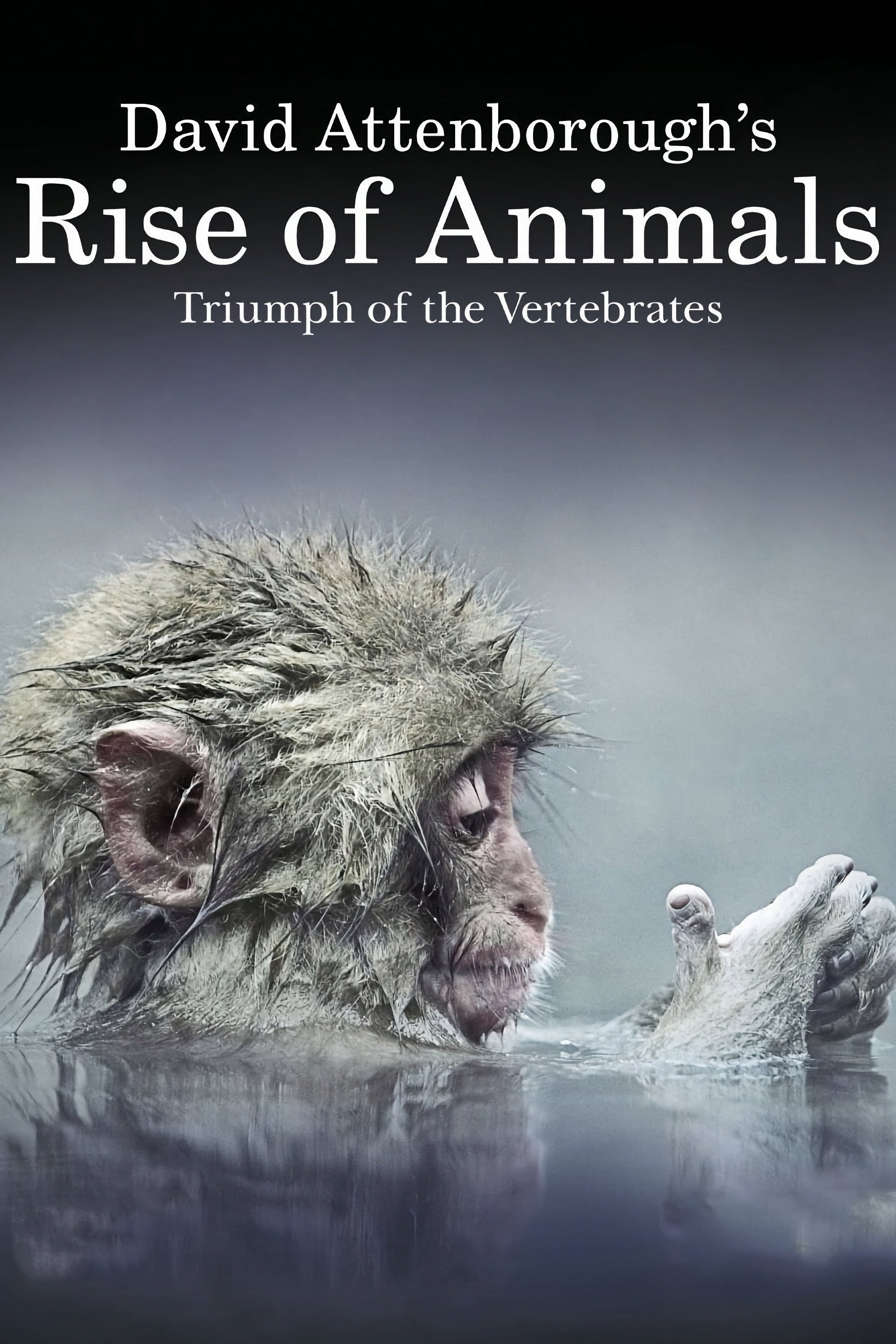
David Attenborough embarks on a remarkable 500 million-year journey revealing the extraordinary group of animals that dominate our world, and how their evolution defines our human bodies.
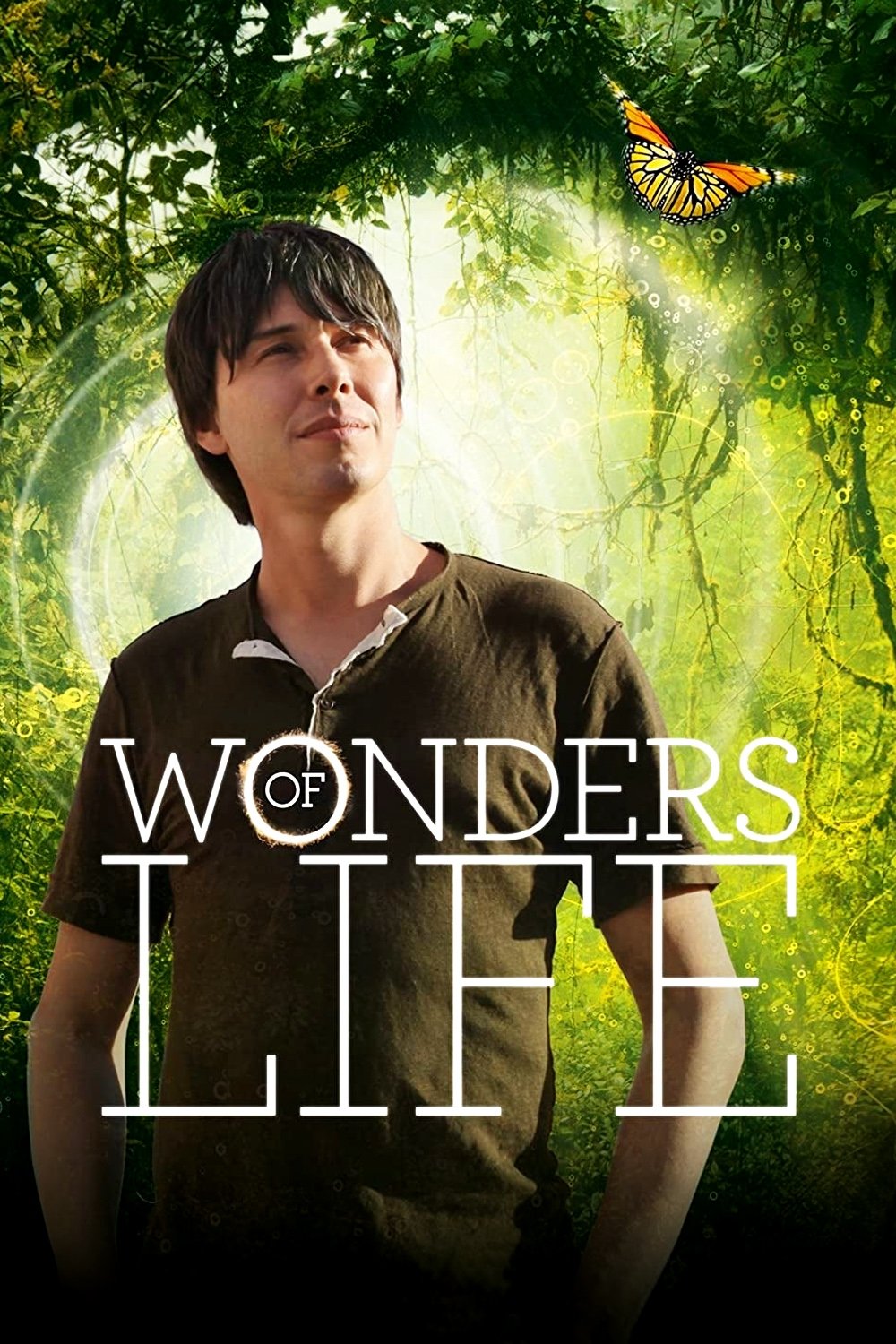
Physicist and professor Brian Cox travels across the globe to uncover the secrets of the most extraordinary phenomenon in the universe: life.
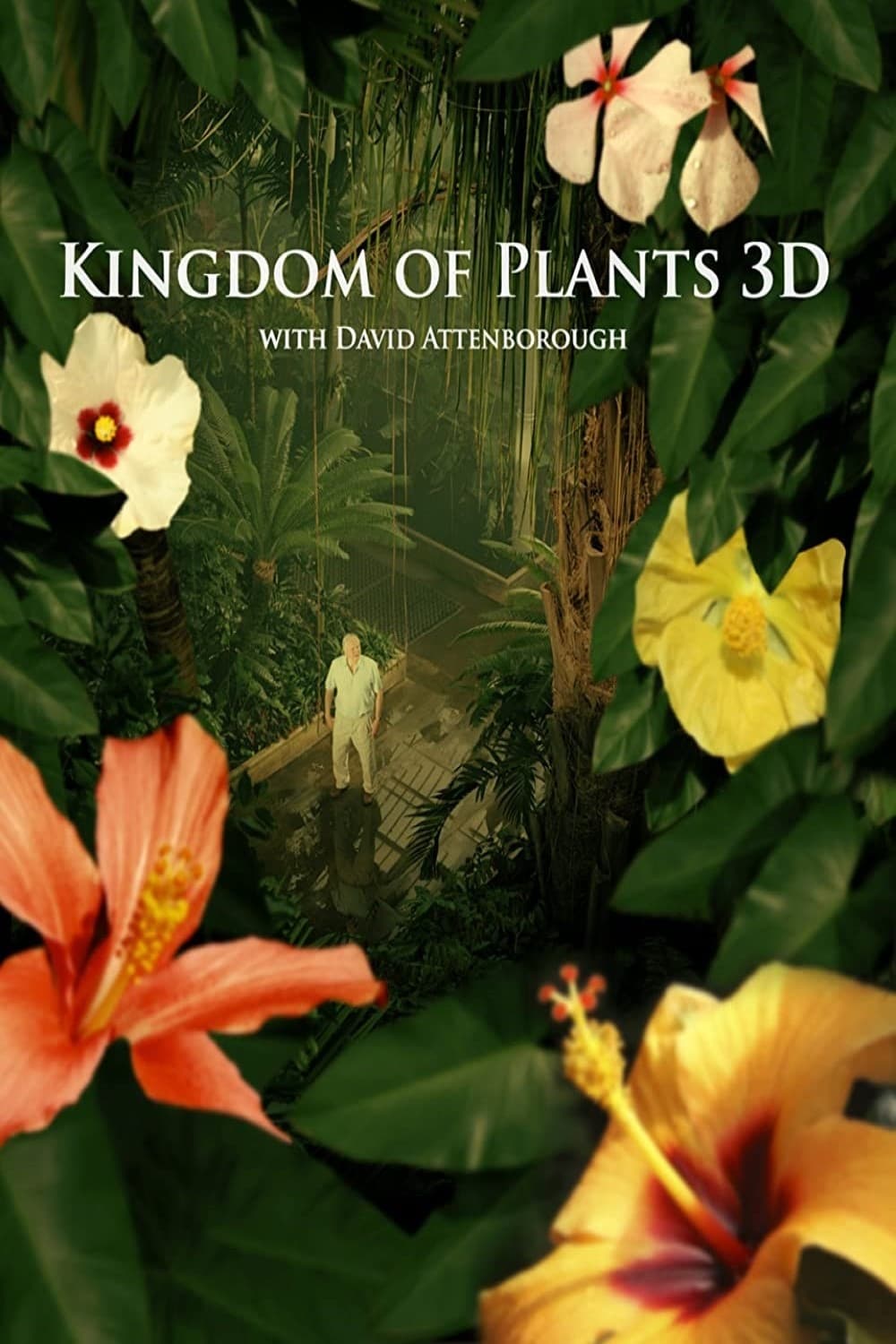
Sir David discovers a microscopic world that’s invisible to the naked eye, where insects feed and breed, where flowers fluoresce and where plants communicate with each other and with animals using scent and sound.
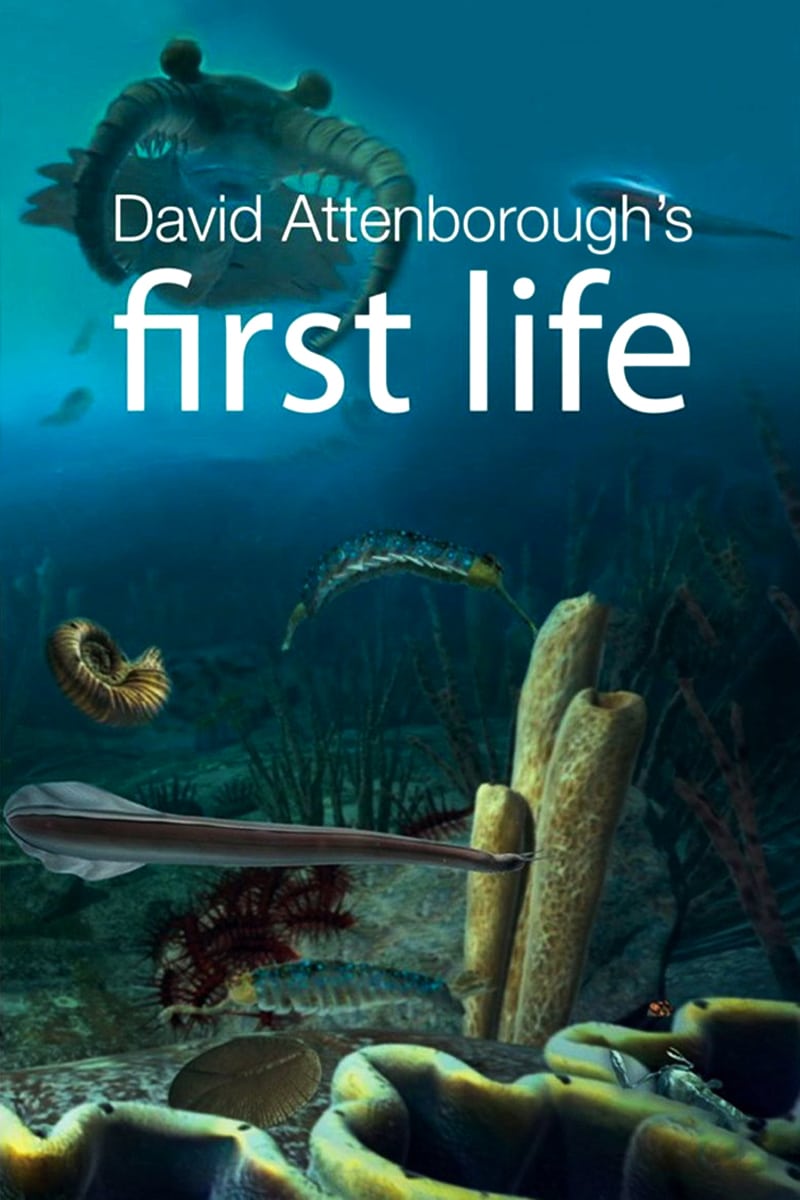
Sir David Attenborough goes back in time to the roots of the tree of life, in search of the very first animals, telling their story with stunning photography, state of the art visual effects and the captivating charm of the world’s favorite naturalist.
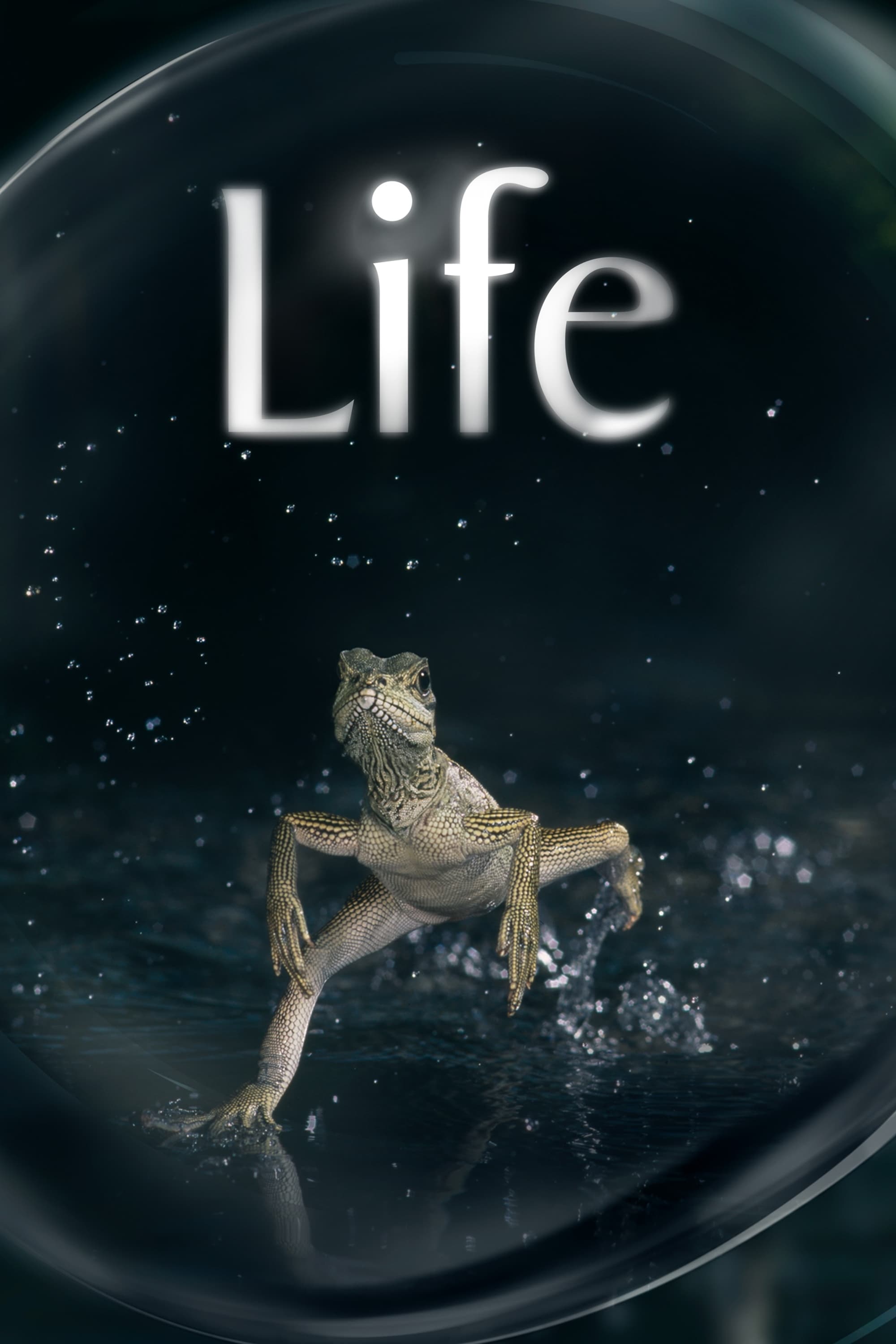
David Attenborough looks at the extraordinary ends to which animals and plants go in order to survive. Featuring epic spectacles, amazing TV firsts and examples of new wildlife behaviour.
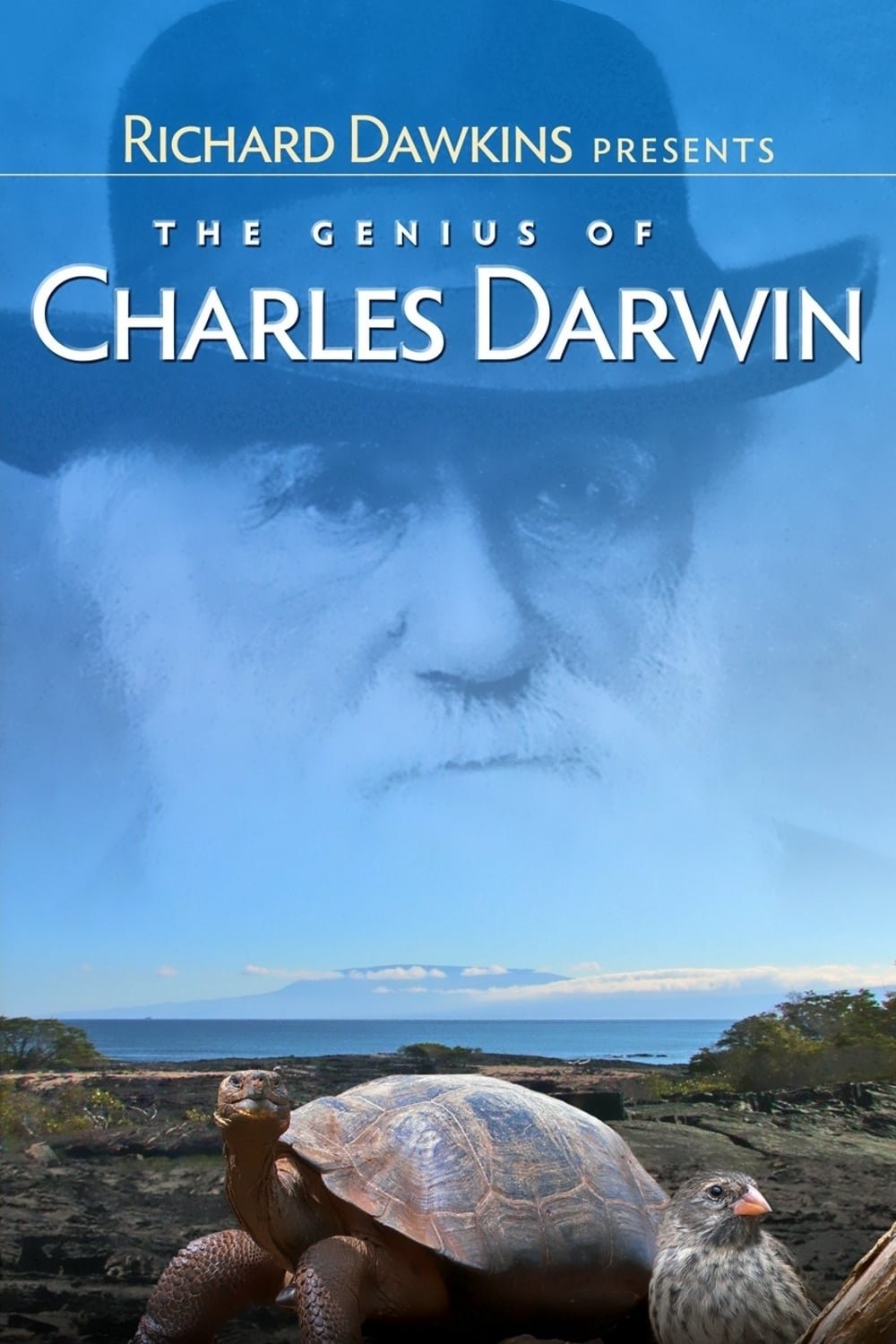
The Genius of Charles Darwin is a three-part television documentary, written and presented by evolutionary biologist Richard Dawkins. It was first shown in August 2008 on Channel 4. It won Best TV Documentary Series 2008 at the British Broadcast Awards in January 2009.
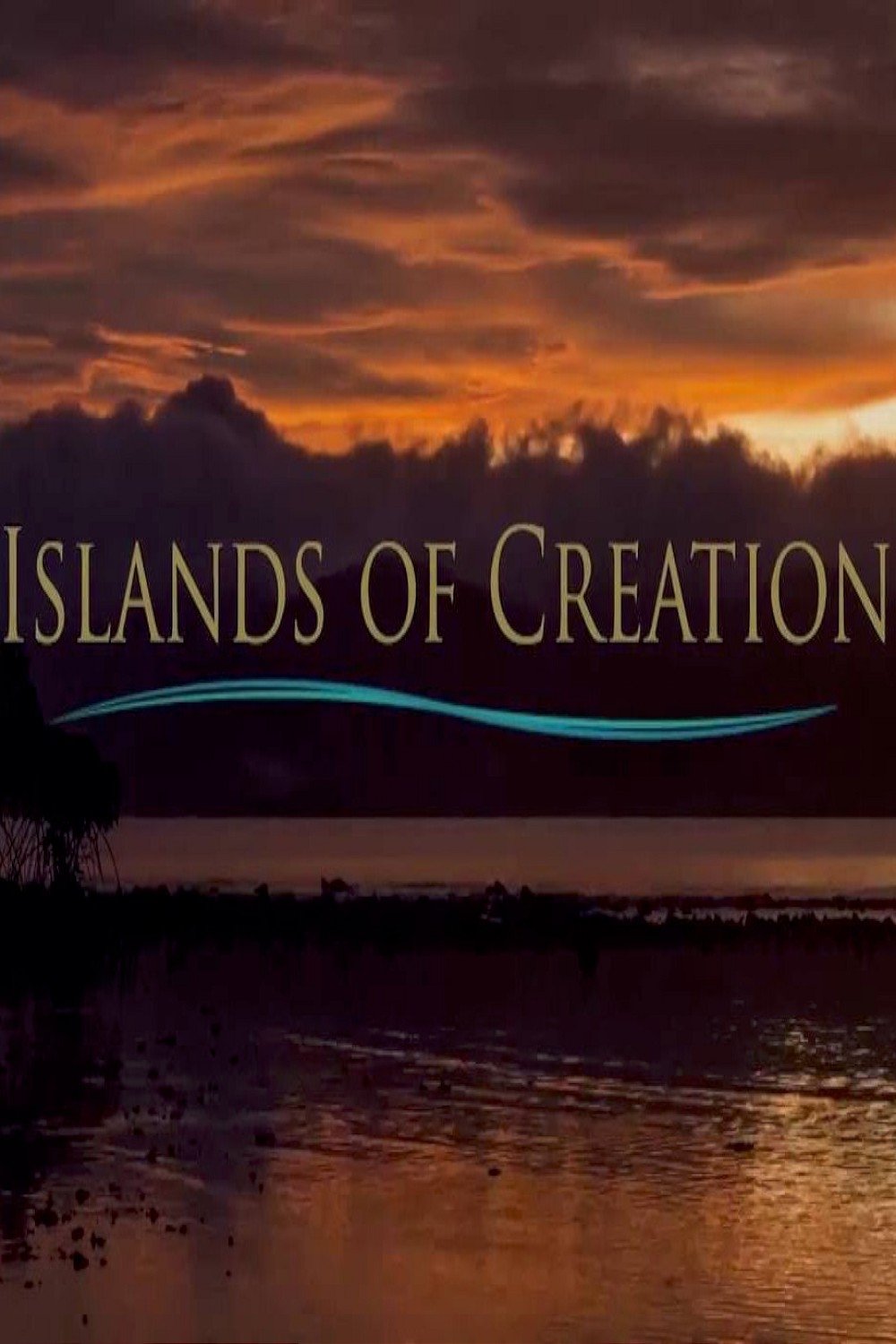
In the jungles of the Solomon Islands, a remote archipelago in the South Pacific, a biologist is attempting to do something Charles Darwin and Ernst Mayr never accomplished: catch evolution in the act of creating new species. Albert Uy is on the verge of an amazing discovery in the Solomon Islands, but there's a threat looming on the horizon. The islands' resources are being exploited, putting all local wildlife at risk. It's a race against time to gather the evidence necessary to prove the existence of a new species before it's lost forever.

How did your body become the complicated, quirky, amazing machine it is today? Anatomist Neil Shubin uncovers the answers in this 3-part science series that looks at human evolution. Using fossils, embryos and genes, he reveals how our bodies are the legacy of ancient fish, reptiles and primates — the ancestors you never knew were in your family tree.
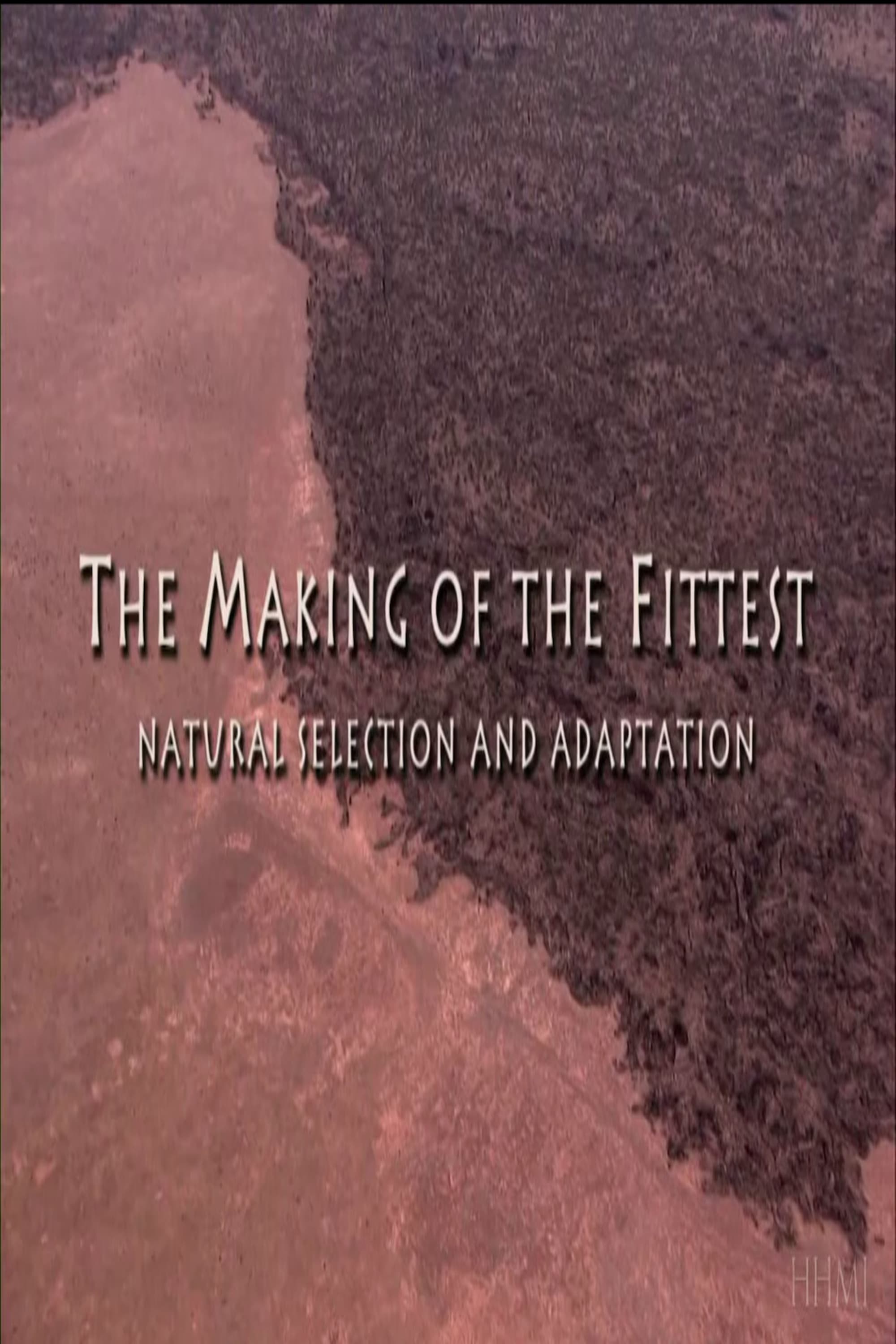
The rock pocket mouse is a living example of Darwin's process of natural selection. Evolution is happening right now everywhere around us, and adaptive changes can occur in a population with remarkable speed. This is essential if you're a mouse living in an environment where a volcanic eruption can reverse selective pressure in nearly an instant. The film features Dr. Michael Nachman, whose work on pocket mice reveals a complete story, from ecosystem to molecules, that demonstrates how random changes in the genome can take many paths to the same adaptation-a colored coat that hides them from predators.
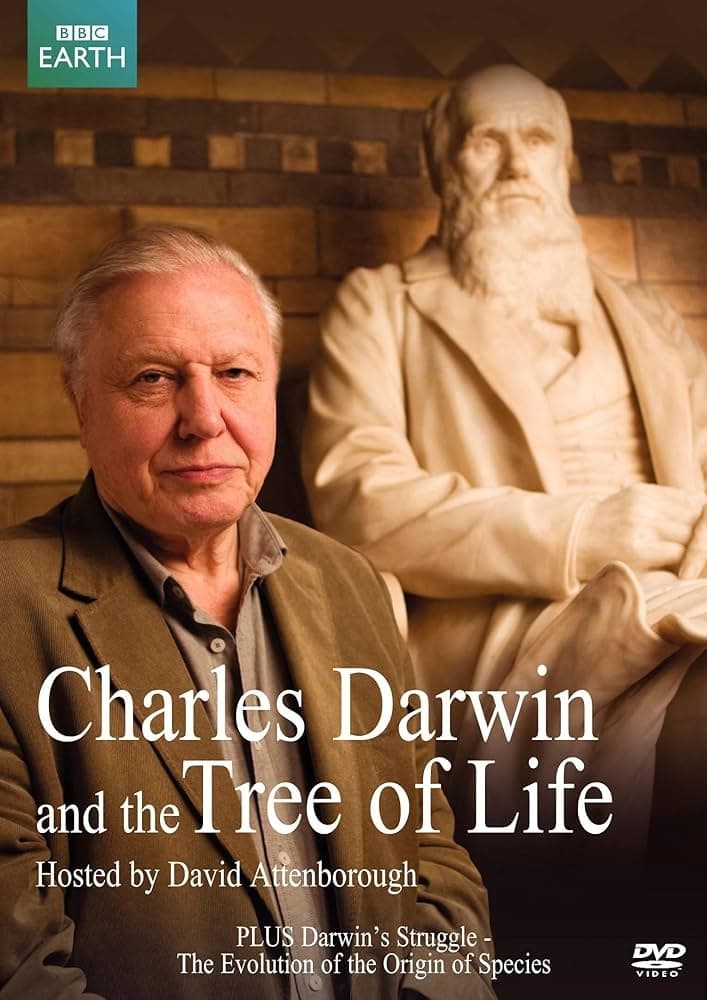
Darwin's great insight – that life has evolved over millions of years by natural selection – has been the cornerstone of all David Attenborough’s natural history series. In this documentary, he takes us on a deeply personal journey which reflects his own life and the way he came to understand Darwin’s theory.
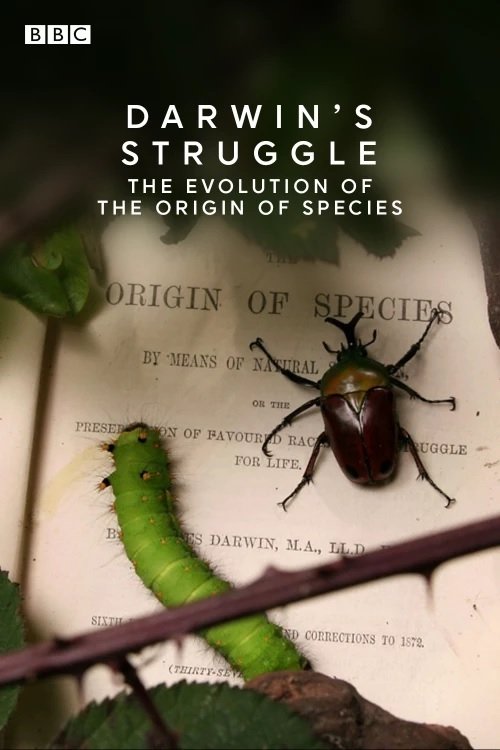
Documentary telling the little-known story of how Darwin came to write his great masterpiece, On the Origin of Species, a book which explains the wonderful variety of the natural world as emerging out of death and the struggle of life. In the twenty years he took to develop a brilliant idea into a revolutionary book, Darwin went through a personal struggle every bit as turbulent as that of the natural world he observed. Fortunately, he left us an extraordinary record of his brilliant insights, observations of nature, and touching expressions of love and affection for those around him. He also wrote frank accounts of family tragedies, physical illnesses and moments of self-doubt, as he laboured towards publication of the book that would change the way we see the world. The story is told with the benefit of Darwin's secret notes and correspondence, enhanced by natural history filming, powerful imagery from the time and contributions from leading contemporary biographers and scientists.
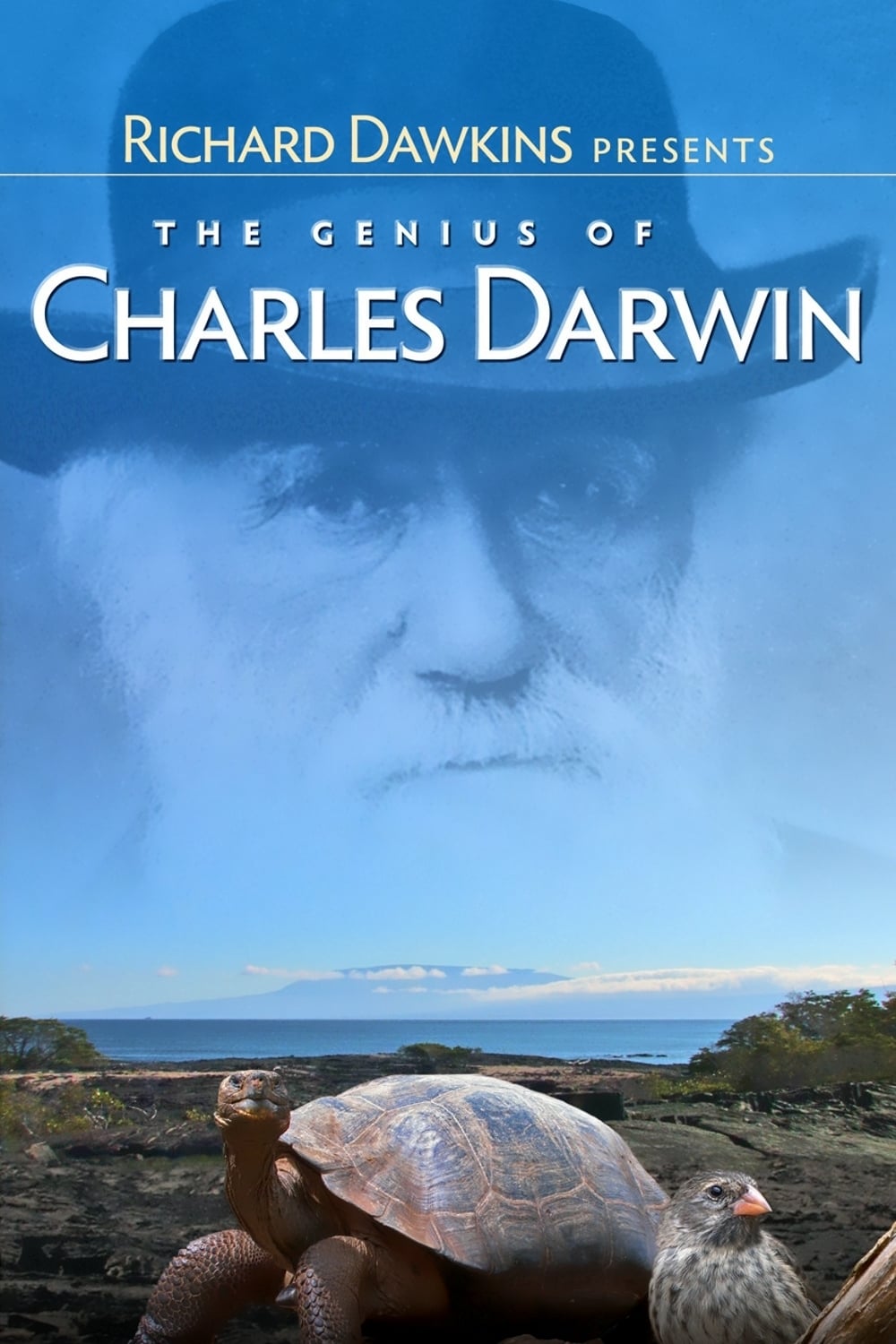
A documentary series from Channel 4, hosted by professor Richard Dawkins, well-known darwinist. The series mixes segments on the life and discoveries of Charles Darwin, the theory of natural selection and evolution, and Dawkins' attempts at convincing a group of school children that evolution explains the world around us better than any religion.
By browsing this website, you accept our cookies policy.